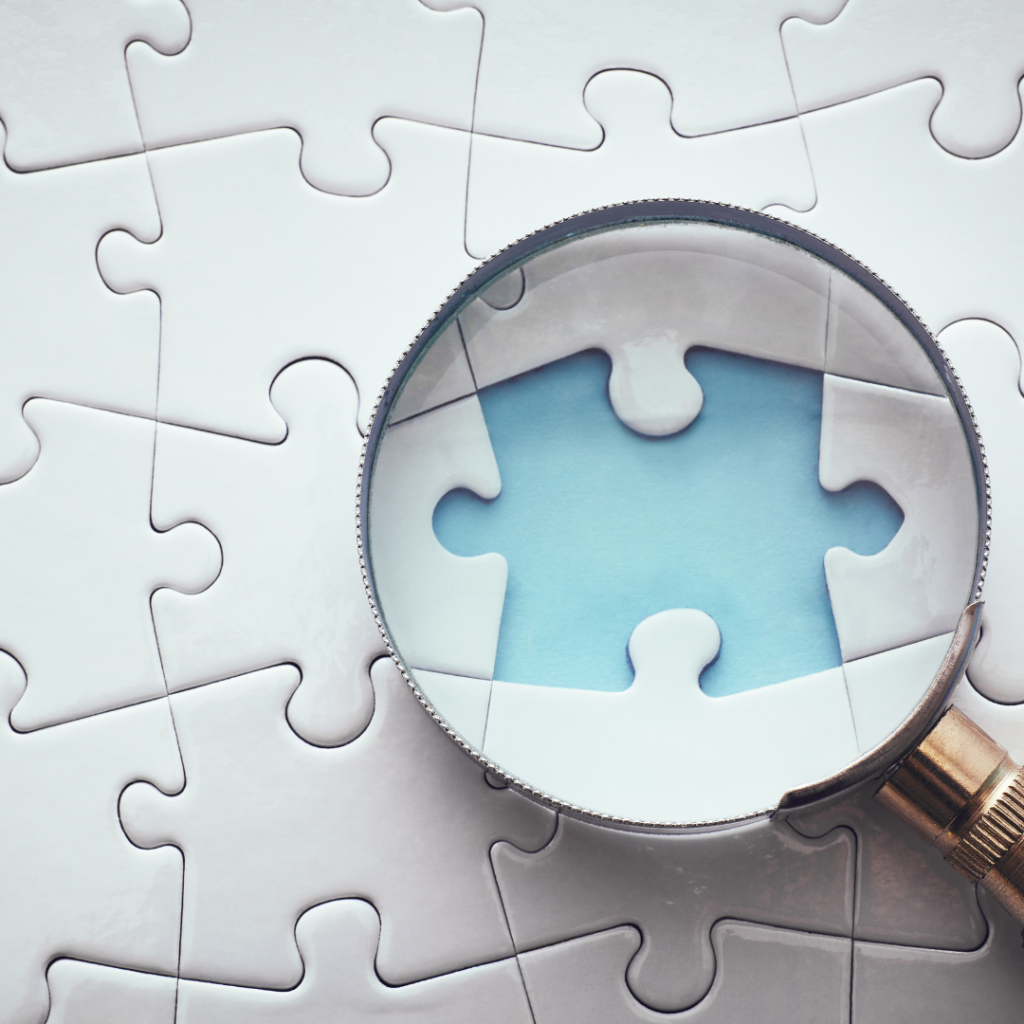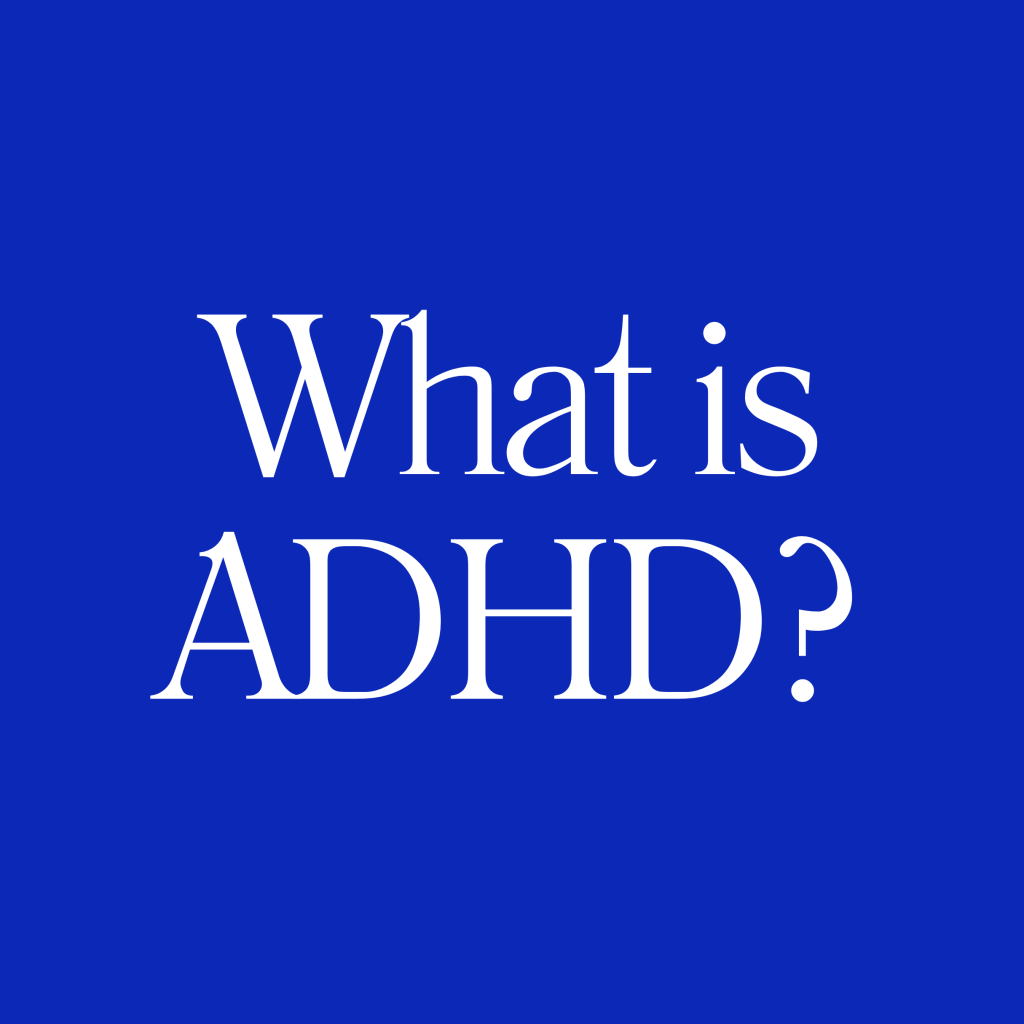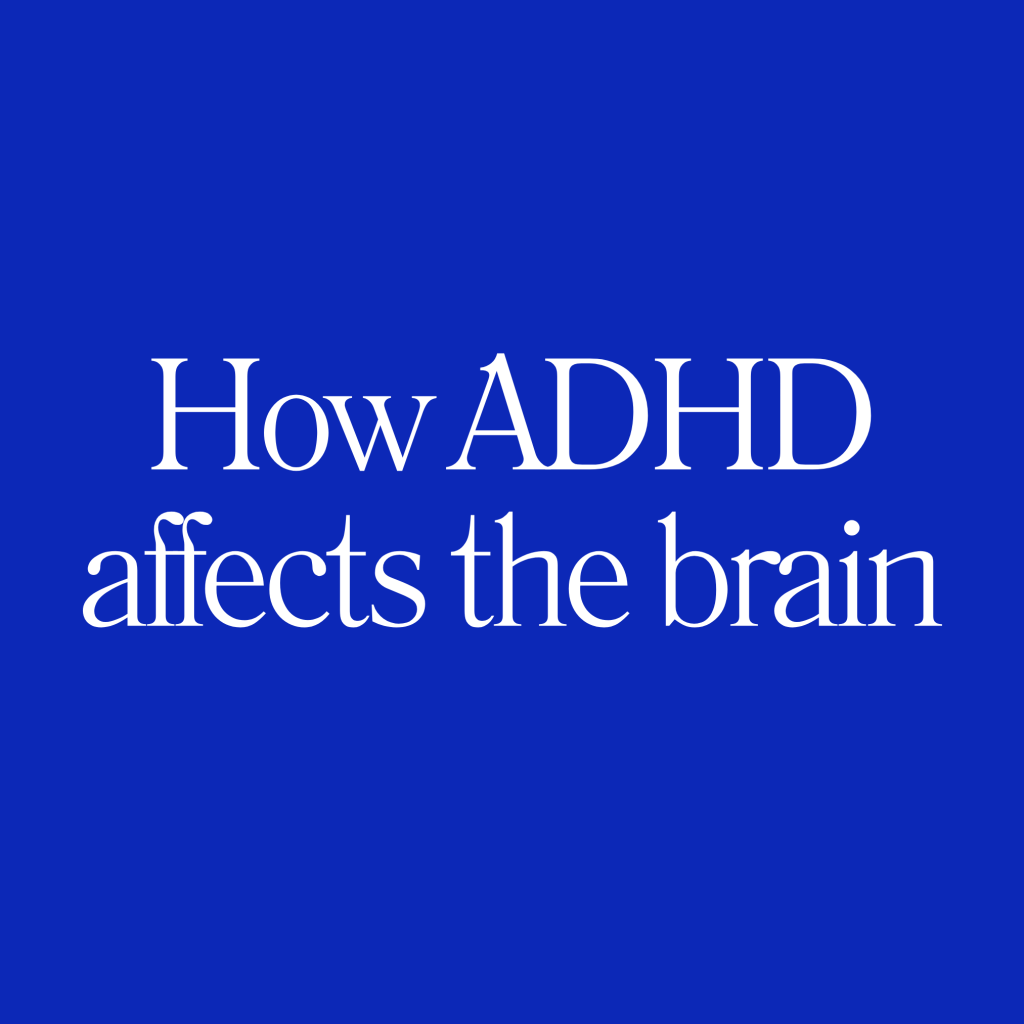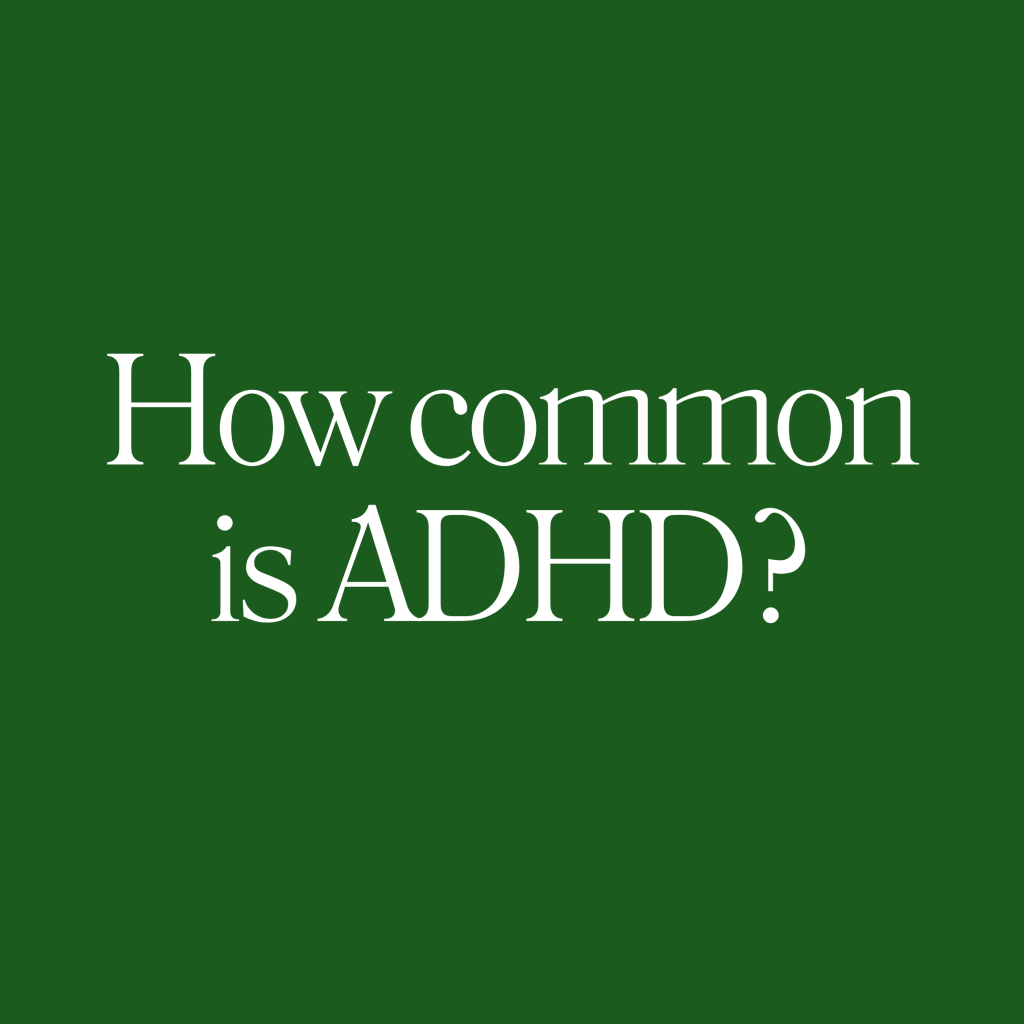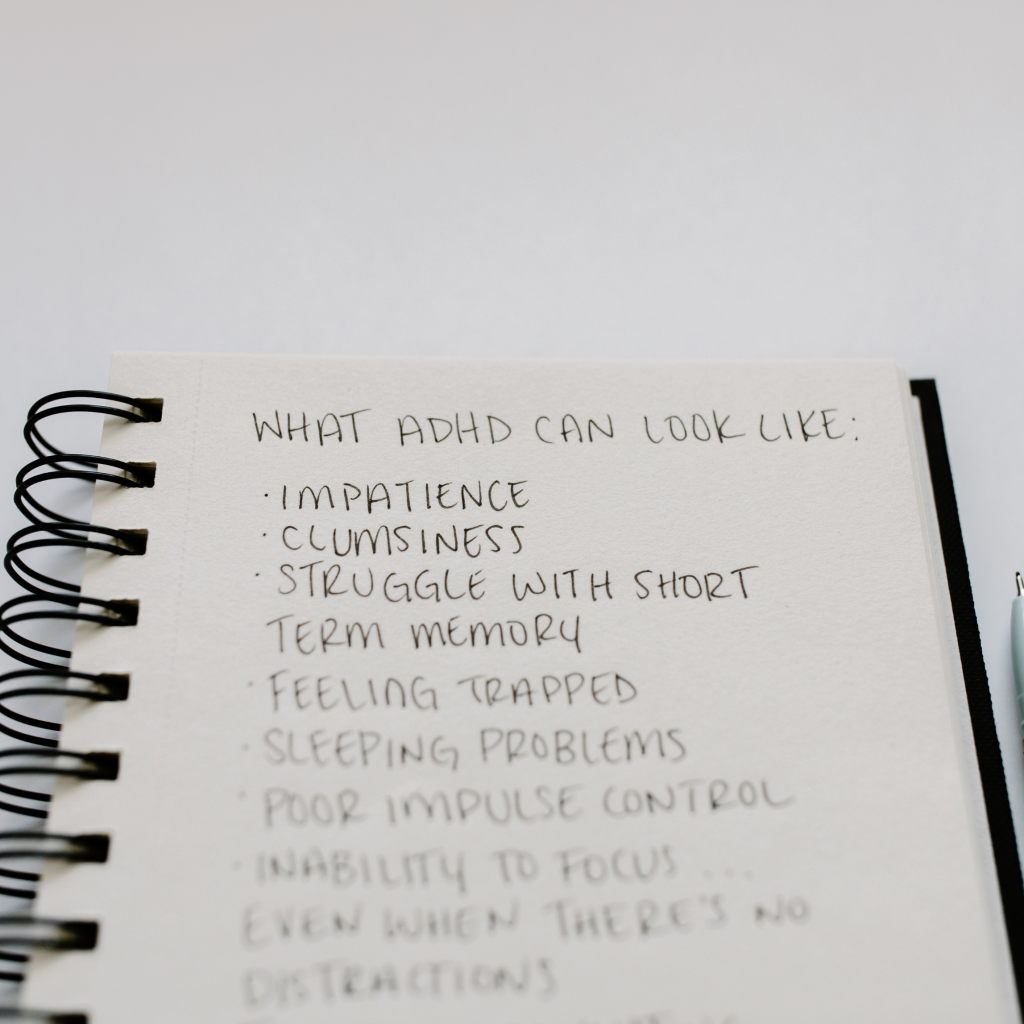ADHD in Relationships: How to Navigate the Challenges and Strengthen Connection
ADHD doesn’t just affect work, focus and energy, it also massively affects relationships.
And it can be devastating on both sides.
I’ve seen this play out again and again, partners who truly love each other, but feel as though they’re living in parallel worlds. One is overwhelmed by constant reminders and forgotten promises; the other feels criticised for things they try so hard to manage.
When ADHD Becomes the “Third Person” in a Relationship
ADHD can act like an uninvited guest who keeps rearranging the furniture. You might not see it, but you keep tripping over it.
Everyday Friction
Missed details: Birthdays forgotten, bins not taken out, messages half-read. To the non-ADHD partner it feels like neglect; to the ADHD partner it’s a blur of competing thoughts and a brain that simply drops the ball.
Emotional Spikes: A simple disagreement turns into a shouting match. Or one partner withdraws suddenly, leaving the other wondering what just happened.
The Invisible Load: Often, the partner without ADHD starts carrying the “executive function load”: remembering school forms, tracking bills, booking appointments. Over time that imbalance breeds quiet resentment.
Interrupted conversations: Blurting out thoughts or finishing sentences isn’t meant to be rude; it’s impulsivity. But after the tenth interruption, hurt builds.
Hyperfocus flip: Ironically, ADHD can mean disappearing into a project for hours, so the partner feels shut out even while watching impressive bursts of productivity.
Both partners can end up feeling misunderstood and lonely.
The Emotional Toll
For the partner without ADHD, there’s a creeping sense of being invisible or undervalued.
For the partner with ADHD, there’s frustration: I’m trying so hard, why does it never seem enough?
For both, there’s grief: this isn’t how either of you pictured love would feel.
Couples often describe it as a cycle; misunderstanding leads to conflict, which triggers shame or defensiveness, which leads to more misunderstanding. Without intervention, that cycle can quietly erode connection.
Research shows that couples where one partner has ADHD report lower relationship satisfaction and more frequent conflict compared with couples where neither partner has ADHD.
Beginning to Repair: Conversations That Connect
There is hope, always.
Relationships shaped by ADHD can thrive when both partners build new ways of communicating. Here are strategies, practical, research-backed, and drawn from real-life coaching conversations.
1. Create a “Container” for Big Talks
Choose a regular, calm time, for example a Sunday evening, a walk after dinner when you both know the purpose is to check in. Predictable timing lowers anxiety and avoids “ambush” arguments.
2. Speak From “I”, Not “You”
Swap “You never listen” for:
“I feel hurt when I’m halfway through a story and notice you’re checking your phone.”
This small shift reduces defensiveness and keeps the conversation focused on impact, not character.
3. Reflect and Clarify
Try:
“So what I hear you saying is that reminders feel like criticism. Did I get that right?”
Reflecting back shows you’re listening and catches miscommunication early.
4. Use External Supports Together
ADHD brains often need visual and auditory cues.
Set up shared calendars, sticky-note reminders, or phone alerts you both agree on. The scaffolding frees your emotional energy.
5. Pause When Things Heat Up
Call a gentle “time-in”: take a few minutes apart to breathe, then return when both feel steadier. Research shows that deliberate pauses can prevent escalation and allow for repair (National Library of Medicine).
6. Name and Celebrate Strengths
ADHD often comes with creativity, humour and spontaneity. Say it out loud:
“I love how you make our weekends adventurous.”
Positive feedback helps balance the inevitable moments of friction.
If You Have ADHD
Be open about what helps you stay present, like reducing distractions or agreeing on brief “focus times.”
When you forget or interrupt, apologise and describe the tool you’ll use next time: “I’ve set a reminder so I won’t drop that ball again.”
Remember: tools and supports are not weakness; they’re how you build trust.
If Your Partner Has ADHD
- Swap judgment for curiosity: “What’s distracting you right now?” is gentler and more useful than “Why aren’t you listening?”
- Break feedback into small, specific pieces instead of a long list of grievances.
- Speak the positives you notice. Appreciation is powerful medicine.
When You Need More Support
Sometimes conversations alone aren’t enough.
ADHD-informed couples therapy can reduce conflict and increase satisfaction.
Psychoeducation: learning together about how ADHD affects executive function helps both partners understand behaviours and drop blame.
Mindfulness or emotion regulation skills can soften the “rollercoaster” effect making conversations and daily interactions calmer and more manageable.
ADHD may feel like a silent third person in your relationship, moving the pieces when you’re not looking. But understanding what’s happening and talking about it with intention can transform that uninvited guest from saboteur into teacher.
Suggested Reading & Resources
HelpGuide: Adult ADHD and Relationships: Practical strategies for couples.
ADHD Evidence Project: How Adult ADHD Affects Romantic Relationships
National Library of Medicine: Experiences of Adults with ADHD in Interpersonal Relationships
